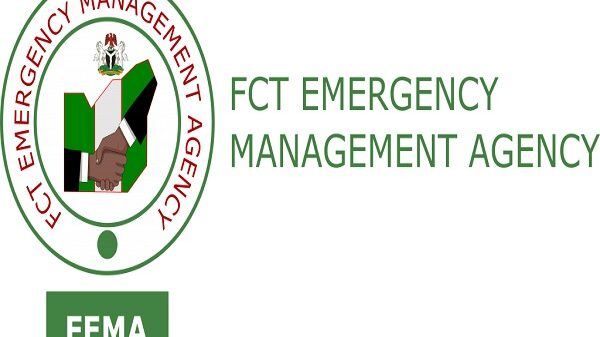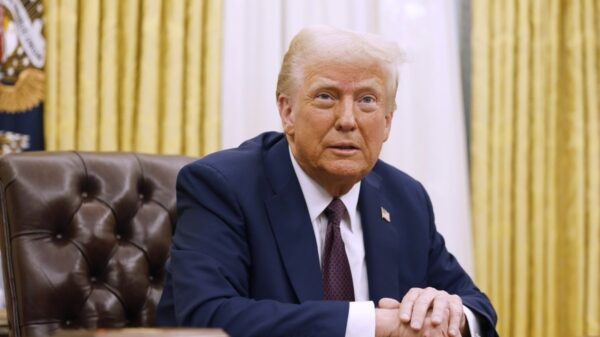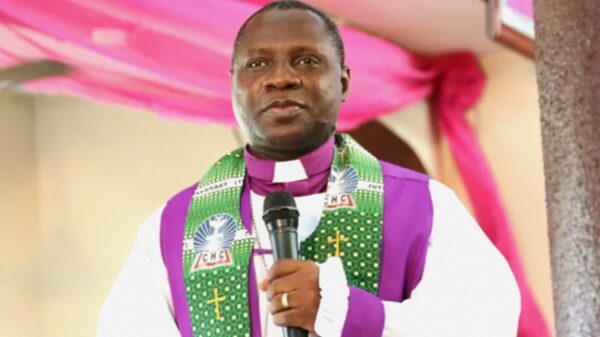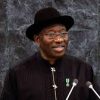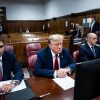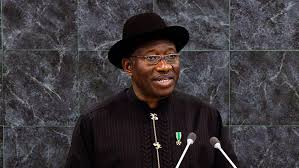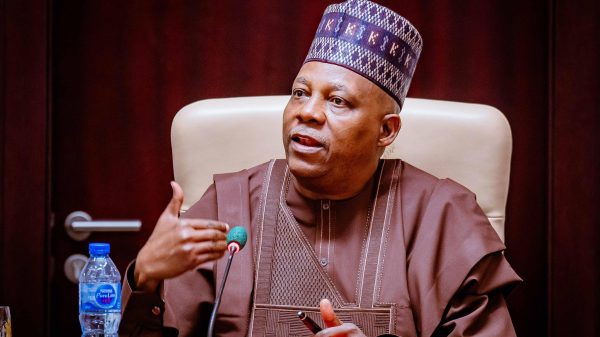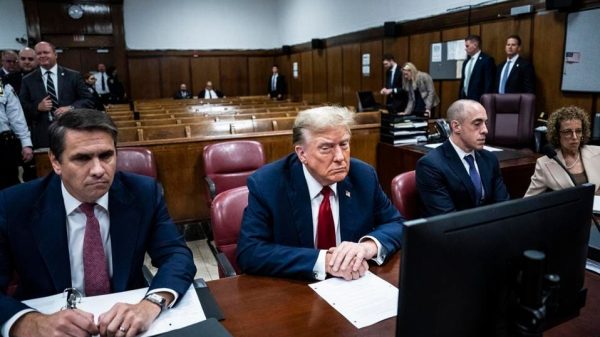Two years ago, Bola Ahmed Tinubu was sworn in as Nigeria’s president, standing at Eagle Square in Abuja with the weight of expectation resting firmly on his shoulders. He came into office with bold promises, built around a sweeping vision he called the Renewed Hope Agenda—a plan that aimed to reposition Nigeria on the global stage while reviving the confidence of citizens at home.
That agenda, which became the foundation of his campaign, was anchored on four major pillars: strengthening democratic values, stimulating economic development, harnessing the country’s demographic strength, and deepening engagement with the Nigerian diaspora. It was an ambitious blueprint for a country long plagued by economic instability, security threats, and governance challenges.
Two years on, the picture is mixed.
On security, the administration points to hard-fought gains. National Security Adviser Nuhu Ribadu recently stated that over 13,500 insurgents and criminal elements have been neutralized in the last two years. He also revealed that around 124,000 Boko Haram fighters and members of the Islamic State in West Africa Province (ISWAP), along with their families, have surrendered and are now going through de-radicalization and reintegration programmes.
He credited these outcomes to better coordination among security agencies, improved intelligence sharing, and renewed political resolve. Weapons seizures have been significant too—more than 250,000 rounds of ammunition reportedly recovered and destroyed.
Still, the threat hasn’t disappeared. Insurgents remain active, especially in parts of the Northeast, and recent deadly attacks in Plateau, Benue, and Borno states have once again exposed persistent cracks in the country’s security framework. Despite the numbers, peace remains fragile.
In the economic sphere, Tinubu made an immediate and controversial move—scrapping the fuel subsidy on his very first day in office. The move was applauded for its fiscal boldness, saving the government billions of naira. But it also triggered a steep rise in living costs, hitting everyday Nigerians hard. In response, the government adjusted civil service wages in a bid to soften the blow.
Tinubu’s economic team has also pushed forward a series of tax reforms. Though initially met with public resistance, including skepticism from state governors and traditional rulers, the bills eventually passed through both chambers of the National Assembly and await the president’s signature. Supporters argue the changes will improve tax compliance and broaden Nigeria’s narrow tax base.
The president’s foreign policy has been shaped by what he calls the “4Ds”—Democracy, Development, Demography, and Diaspora. His administration has prioritized diaspora engagement through new programmes such as the Diaspora Mortgage Scheme and a proposed $10 billion Diaspora Fund. Tinubu has also played a more assertive role within ECOWAS, especially in navigating regional security challenges.
At the halfway mark of his first term, Tinubu’s presidency is a work in progress. Reforms have been rolled out, promises pursued, and battles—both literal and bureaucratic—fought. But for many Nigerians still facing insecurity and economic hardship, hope remains a fragile thing. The next two years will determine whether it’s renewed—or lost.


